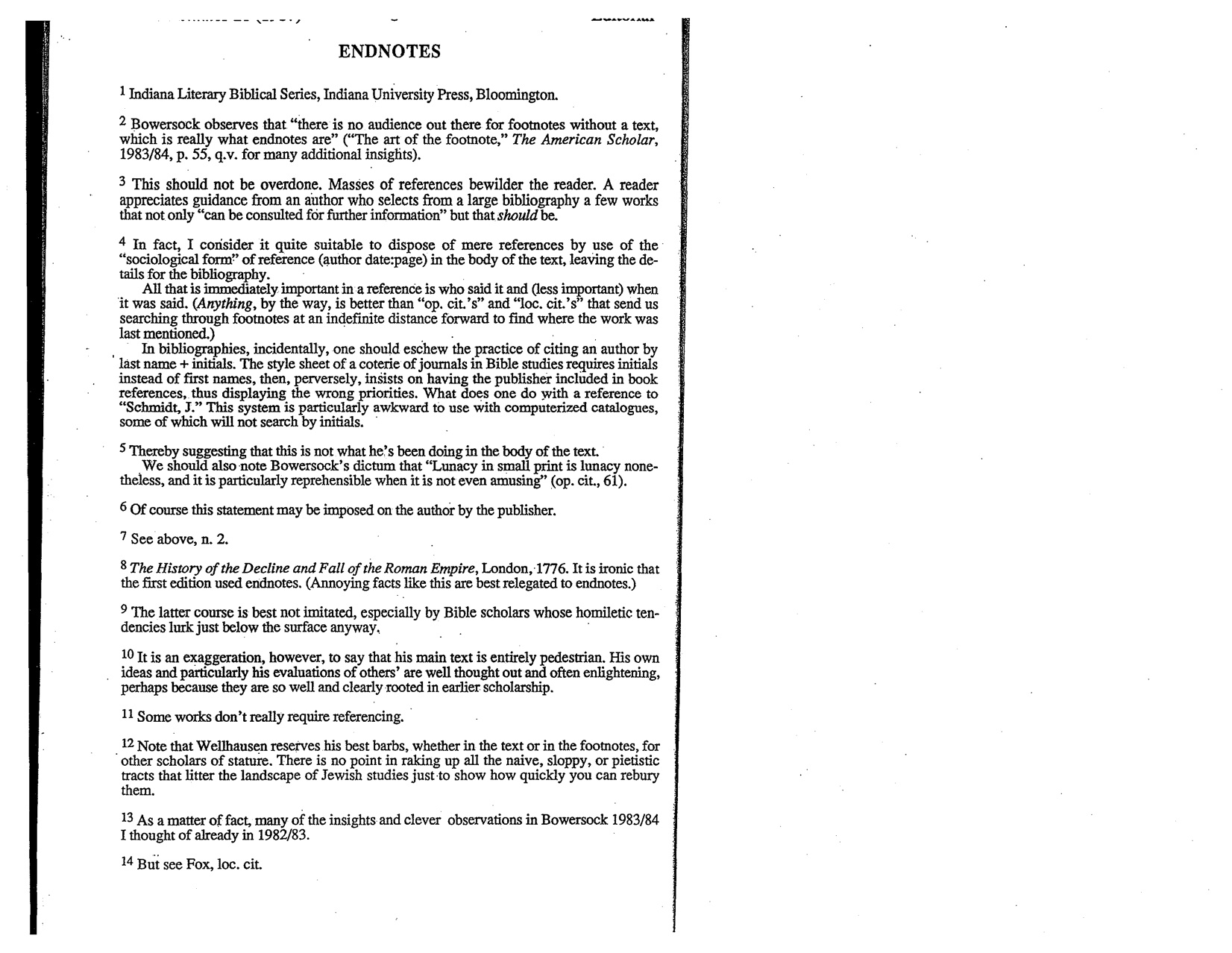They haven’t plagiarized anyone (that I am aware of at this moment) rather "The Ethicist" is dealing with a case of possible plagiarism. It is an important and challenging issue in academia, but it is also a real-world problem as well.
The Ethicist – Hidden Doings
I am a student intern at a nonprofit theater. In researching a new play, an assigned task, I discovered that many passages were taken verbatim and without citation from various sources, ranging from Web sites to literary journals. I would like to alert the theater’s artistic director, but I fear tensions and recriminations. Must I take that risk? — NAME WITHHELD
You must. As a novice, you are understandably reluctant to incur the kill-the-messenger wrath of more senior and influential people who can affect your professional future, but that should not deter your speaking up. Better that this comes out now than on opening night: critics can be harsh; lawyers, harsher. By acting promptly, you can protect the theater and thus do your duty — to which, if the artistic director is wise, the response should be not opprobrium but approbation: nice work, take the rest of the day off, look for a little something extra in your pay packet.
What you’ve discovered might be not deliberate deceit but a careless failure to cite sources. The artistic director can talk to the writer and work out the best next step: cut the purloined passages, properly credit them or significantly rework them.
Another possibility, as you most likely know: the author intentionally used diverse material to construct a collage play, and nothing wrong with that, as long as he or she meets all legal and ethical obligations to the audience and the original authors. Depending on how and how much of this material is used (and whether it is in the public domain), payments and permissions might be legally required. As an ethical matter, the audience should know what it is getting, and sources should be acknowledged in the program.



